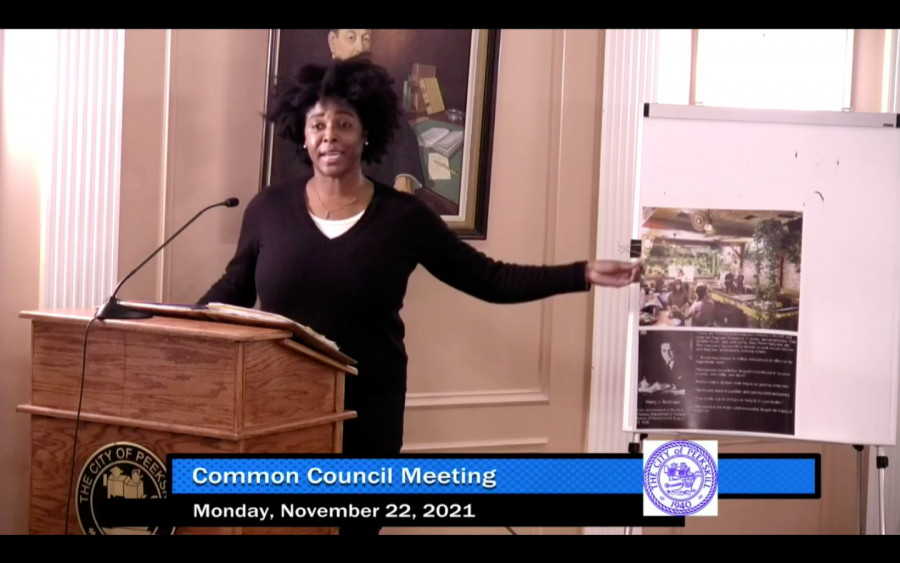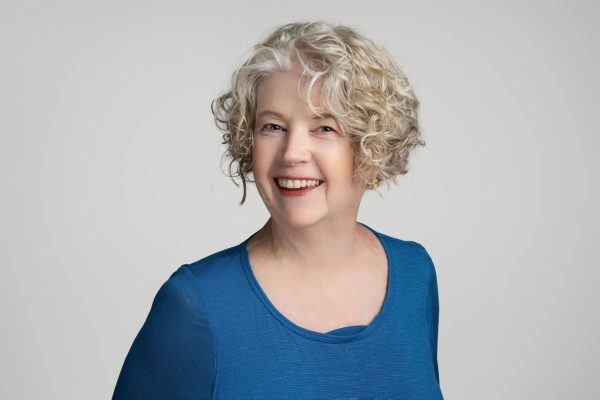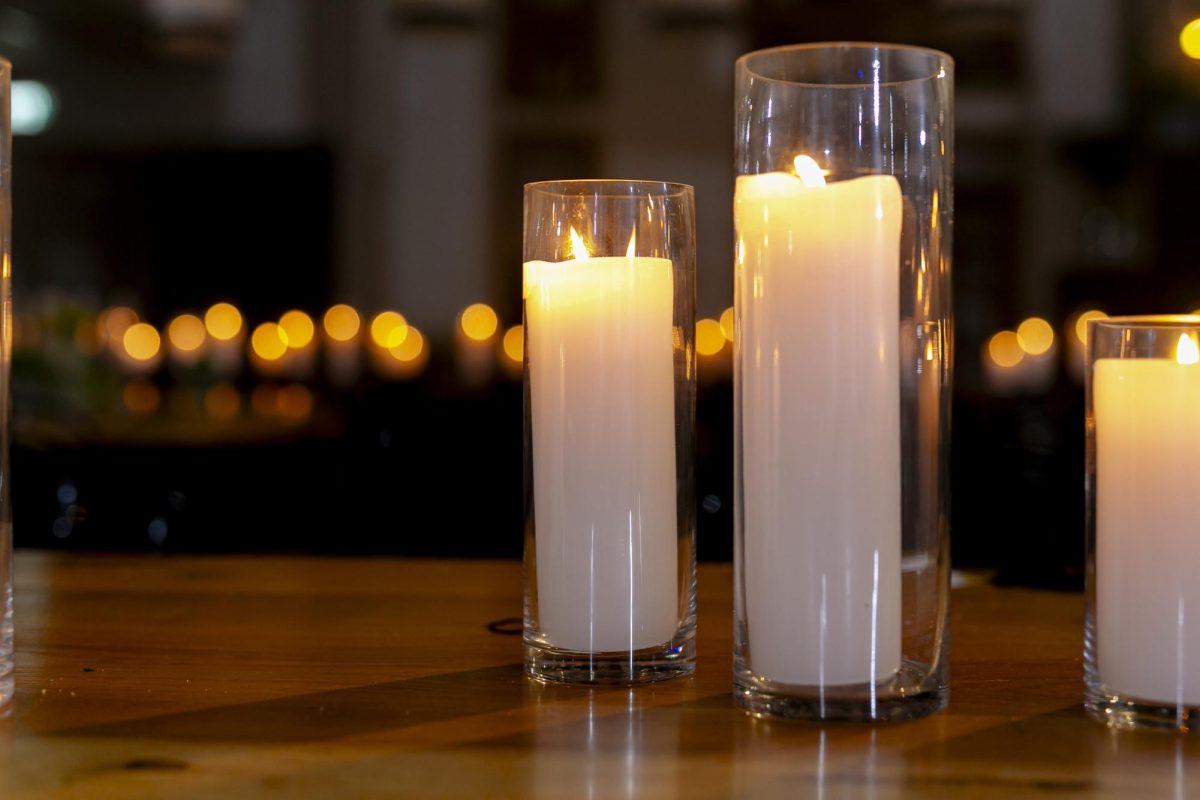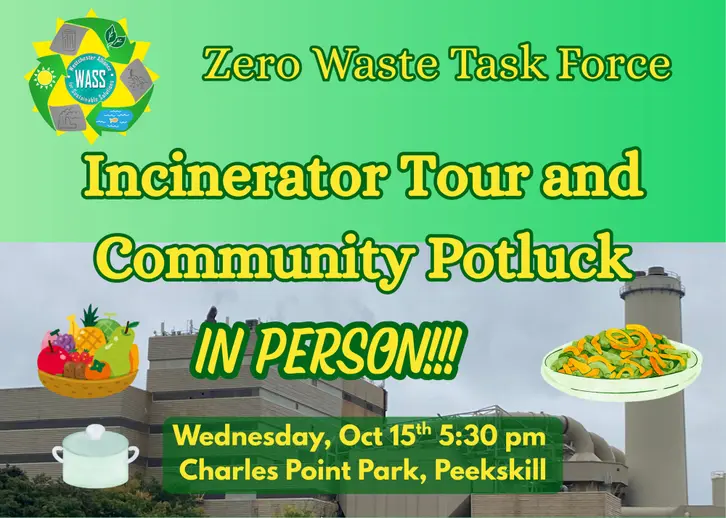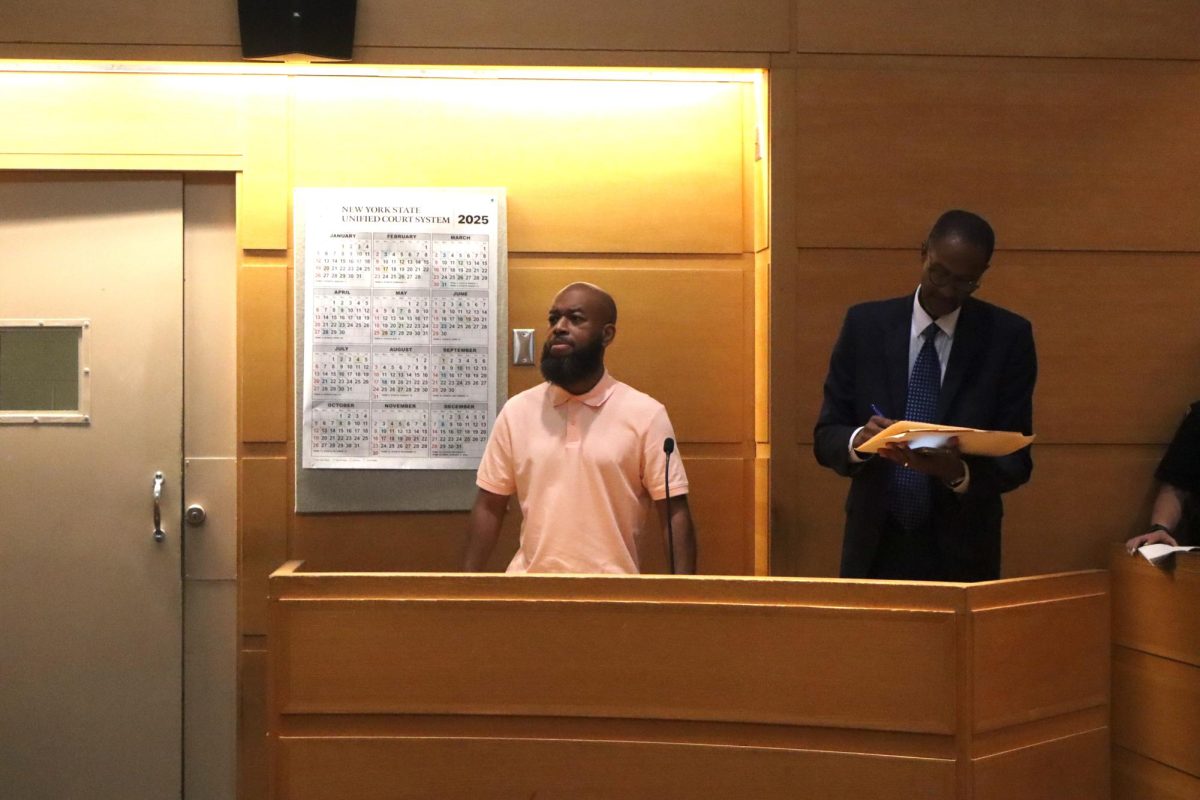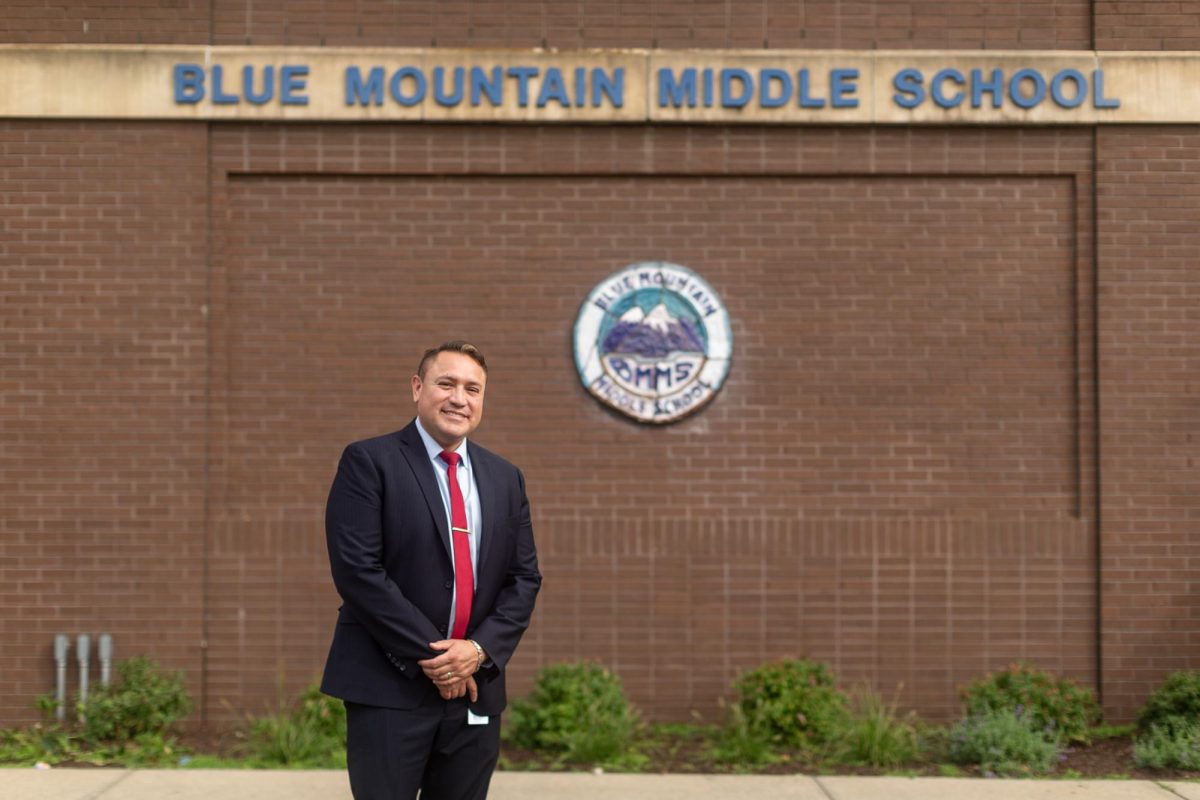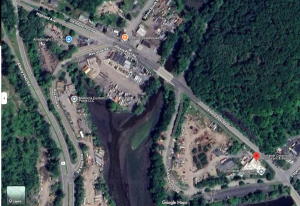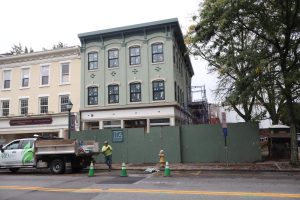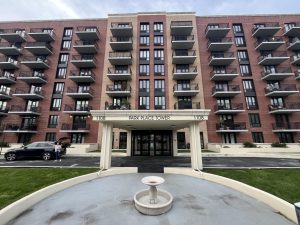Crime, opportunity, risk, revenue, and racist history cited in Peekskill cannabis hearing
Council expected to vote on ‘opting out’ on Dec. 13
November 24, 2021
It was a history lesson disguised as a public hearing Monday at Peekskill’s Common Council meeting, where council members heard public comments regarding the city’s option to allow marijuana dispensaries and consumption lounges to establish business here.
Two public hearings – one to allow dispensaries and the other to allow lounges – were held ahead of the next Common Council meeting on December 13, where members will vote to stay ‘opted in’ – or to pass a local law saying they will not allow a dispensary or a consumption lounge in Peekskill.
One Peekskill resident in favor of allowing dispensaries spoke about how cannabis became criminalized. Tanya Dywer of Union Avenue came with posters and a factual presentation explaining how the use of marijuana was criminalized by Harry Anslinger, the first commissioner of the US Treasury’s Department ‘s Federal Bureau of Narcotics in 1930. She quoted from his writings and speeches, explaining how he used racism to perpetuate propaganda that is still with us today.
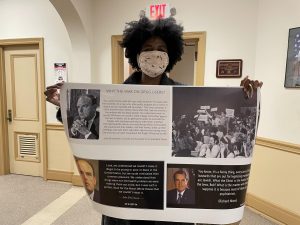
Describing his writings, Dwyer explained, “He decided to dehumanize black persons of color by associating them with marijuana which caused black people to do sinful things like create jazz and sing and smoke and kill your brother in a heat of passion. He made all of these things up, ignoring thousands of years of medical use from India to Africa and ignored 50 years of American scientific research saying that marijuana use made people mellow. He didn’t use scientific research, he used racism to set up a bureau to set hate in our hearts. This man said disreputable things about who takes drugs; he believed that only black persons of color used drugs and made us less than human. This is where our hatred of cannabis comes from. It was a foreign thing that came into America with migrants and he disliked migrants. So he associated the two and dehumanized both.” “This is not Peekskill,” implored Dwyer.
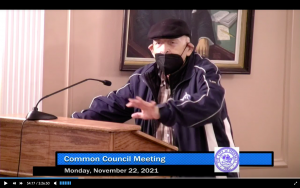
Another Union Avenue resident, Leo Kwiatkowski, spoke about New York Governor Rockefeller’s bid to become president in 1964 and his wanting to show he was tough on crime in the Republican primary campaign against Barry Goldwater. “He instituted what I called the broken window crime where the possession, sale and smoking of marijuana became a crime, and with three strikes (offenses) you’re out.”
“He filled up the prisons of New York City with persons of color who were used to using marijuana. I don’t know if you’re aware of it, but you talk about slavery in the south, well that was slavery in the north – because those prisoners were put to work in the prisons, earning 17 cents per hour.”
Another event Kwiatkowski referenced was the 1969 Woodstock festival in Bethel, NY, where half a million young people gathered to protest the draft and the war in Vietnam. He said, “That musical festival was the largest marijuana bust in the world. Some used LSD and harder drugs, but there were no fights, no problems, no difficulties. The first difficulty was on Saturday when they ran out of medications and Sunday when they ran out of food.” He referenced the documentary on PBS about the festival. “I have never known of a single person who died from marijuana,” said Kwiatkowski.
John Donohue, 89, a former state trooper who also lives on Union Avenue, said the news articles people are quoting about the Marijuana Regulation and Taxation Act (MRTA) show there “is a lot of obfuscation about the peddling of this whole situation.” He advised Council members to read the entire
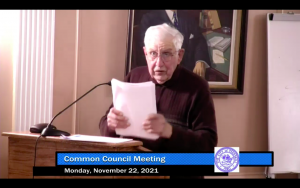
124-page law and vote to ‘opt out’ of allowing dispensaries and lounges. He also described the Woodstock festival, from the perspective of being there as a police sergeant with the state troopers for nine days. “So many people died at Woodstock and they counted it as deaths in the county, people overdosed there but a lot of them were using marijuana, there’s no question about it. Don’t tell me how sweet and mellow everything was,” describing the violence toward police he witnessed. “I was there, Woodstock, it was terrible,” he said.
Moving from history to current affairs, some new residents of Peekskill spoke about the benefits dispensaries and lounges would bring to Peekskill. Eric Steindinger of Simpson Place told how he moved to Peekskill from Amsterdam where marijuana dispensaries and lounges have been legal for decades. “In Amsterdam,” he said, “children will walk by retail shops and lounges on a daily basis on their way to schools, sporting events and with friends – and I see them virtually unaffected by this” He believes the reason for this is because the people of the Netherlands “are mature on the subject. The cities where cannabis is legal, such as Denver and San Francisco, do not take cannabis lightly, they look at the facts, they put the studies out that have facts. It would benefit everybody here to be well versed with the facts versus the myth. I’m asking for a plea for maturity as you make your decision. I hope that you do not opt out, because I think that’s the best thing in the interest of Peekskill,” Steindinger suggested.
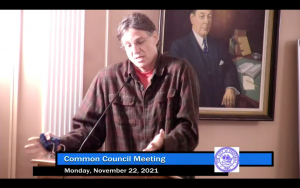
He spoke to the financial aspect of the business of marijuana, referencing the data that shows the big uptick in sales is not from new users, but the majority of sales are to current users. The key about economics and a key for Peekskill, he said, is that it’s big business. “It’s a lot of money and a lot of muscle and they want their pie. If this industrial shift is to help them to have the pie, I’d ask that you consider these moves with great integrity. Cannabis culture is quite positive, the law is written for equality, not another industry that quickly gets dominated in favor of big money and deep pockets. That happens all too often. We’re at the beginning of this.
“Not only when you cast your votes on opting in and out, I ask you to do that with maturity and facts. But when you discuss the financial way you are going to structure it, I ask you to very much prevent big money and deep pockets from dominating the conversation. It’s going to be a limited frontier and they’ll get a piece of the pie and others will not. Please consider that when you debate the financial ramifications,” said Steindinger.
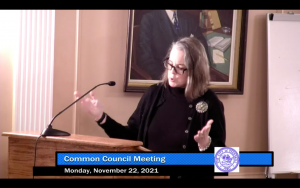
Mary Ann McCarra Fitzpatrick of Union Avenue spoke from prepared remarks, asking about the guarantee of the quality of life – with evidence pointing to another way if the city votes to allow dispensaries. She recited a lengthy list of locales where there have been robberies and violence against businesses that sell cannabis. “All businesses are not created equally, and yes, some are targets for criminal and antisocial behavior. How would Peekskill be exempted from this phenomenon?” asked Fitzpatrick.
“This is a moment in history where we must make a fundamental choice. This is one of those moments. Any softness on crime is a slap in the face to the law abiding. It flies in the face of common sense to welcome with open arms city sanctioned recreational drug use within an area of six square miles. Once the pandora’s box of social ills is open there will be no containing or controlling them. Allowing these businesses within the six square miles of this city is woefully short sighted, and the long term social and human costs will far outweigh any tax revenue collected – and would be but a paltry recompense for what we would suffer in terms of loss of quality of life,” she said.
“We have this backwards,” said new resident Michael Trapani of Summit Avenue. “New York has already legalized cannabis use. Nothing can be done here to prevent that, because it already happened. We’re here to decide about whether we want to have dispensaries in the city of Peekskill. I heard a lot of convincing arguments about opting in.
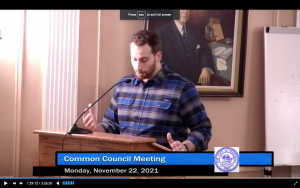
“Should we opt out? Where are all the convincing arguments to opt out? So far, what I’ve heard is antiquated, fear mongering, anecdotal statements that sound a lot like the reefer madness craze of the 1950’s, as one resident said. And by the way, we’re a lot closer to 2050 than we are to 1950. When we stay opted in there will be revenue to pay for infrastructure, parks, schools, housing activities for seniors and kids and those who count on public services. If you vote to opt in, you have chosen to fulfill that vision for Peekskill by building Peekskill into the beating heart of the Hudson Valley that is so rich in our history as a center for tourism, commerce, a great place to live and work – and as an expectant father – raise kids. A place to afford to treat its residents very well and attract visitors to the downtown from all over the region. I’m asking you emphatically to remain opted in.”
Tina Bongar of Smith Street spoke of the details in the law around regulating the licensing of the dispensaries and that renewal of licenses is dependent on conditions of operation. “We have a chance to balance this,” she said.
City Clerk Debra Petrosky read the 13 emails received by her office into the record. The majority of emails were from citizens in favor of having dispensaries and consumption lounges, including one from Jeffery Stern who is the chairperson of the city’s Planning Commission. He mentioned that his brother who works in the NYS Assembly was involved in research and writing the legislation. He noted that the state will limit the number and locations of the dispensaries, and that the cost to open one will be around $1 million. “So it’s safe to say that if we end up with more than one, that will be a lot.”
The two marathon public hearings ended two and a half hours after they began. Council members will take up the discussion among themselves at their next Committee of the Whole session on December 6.


